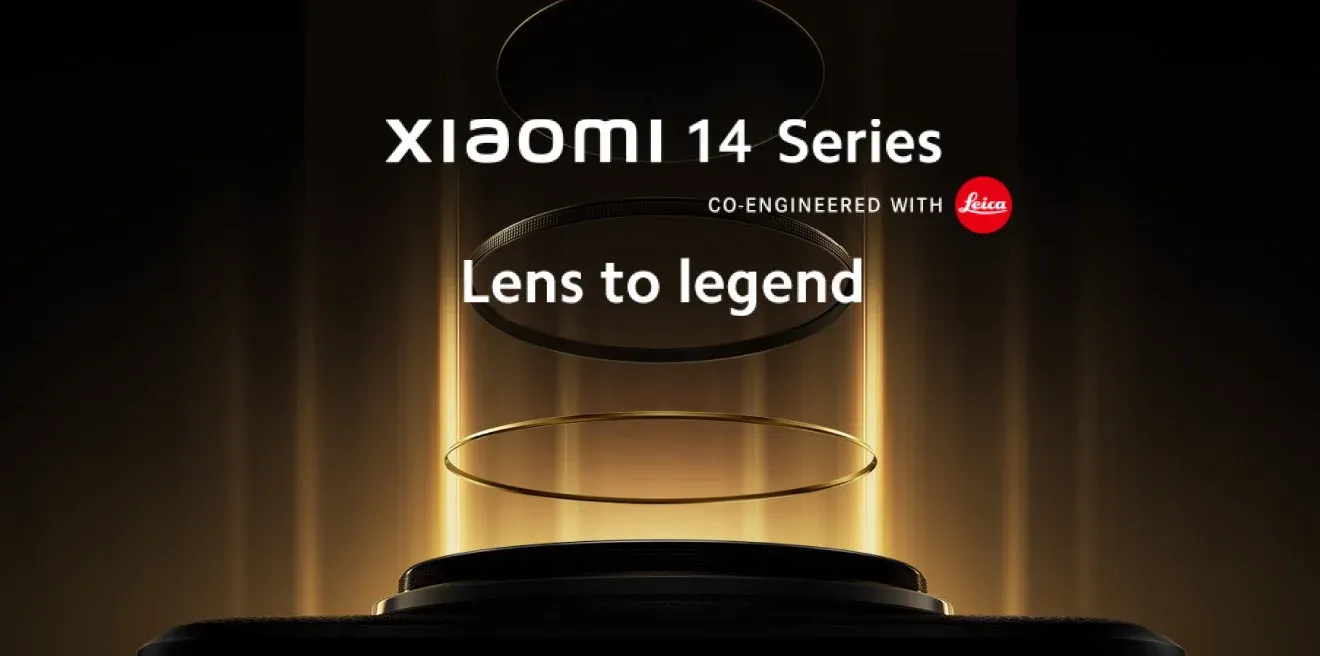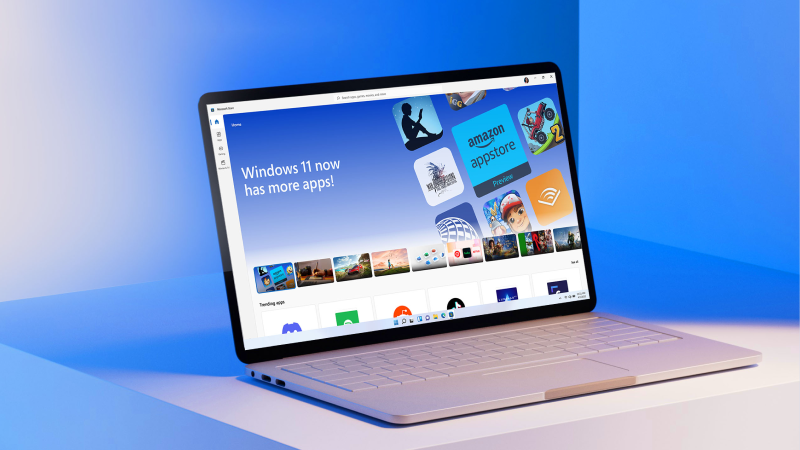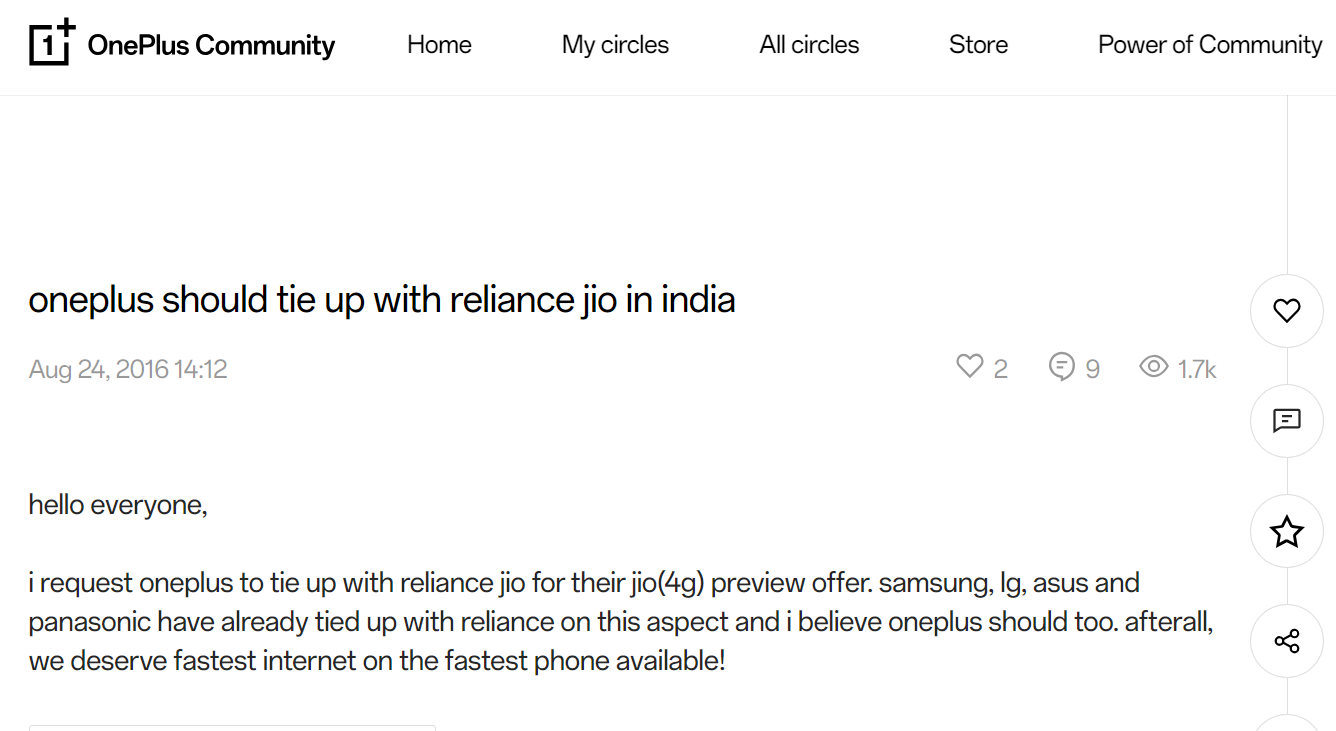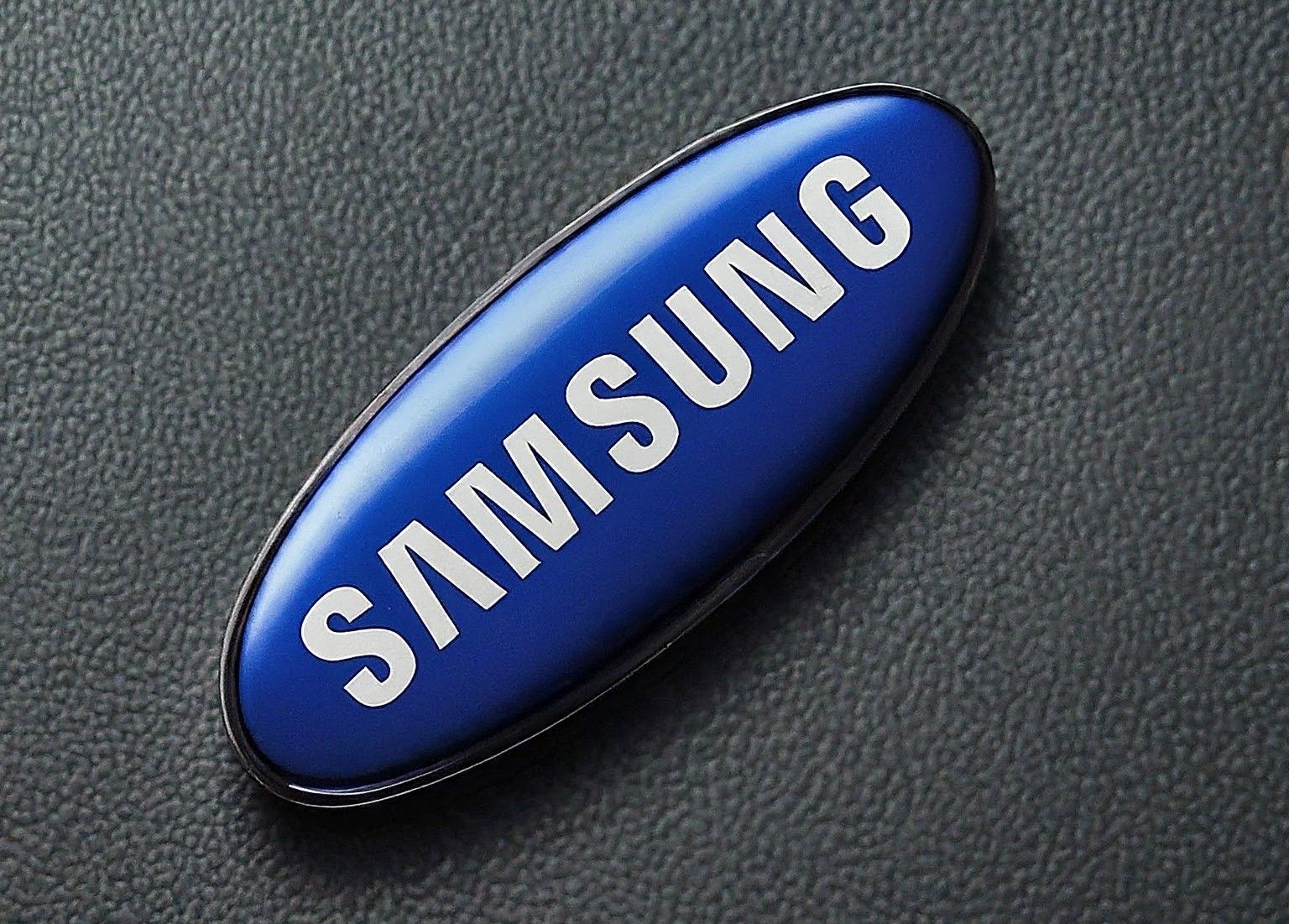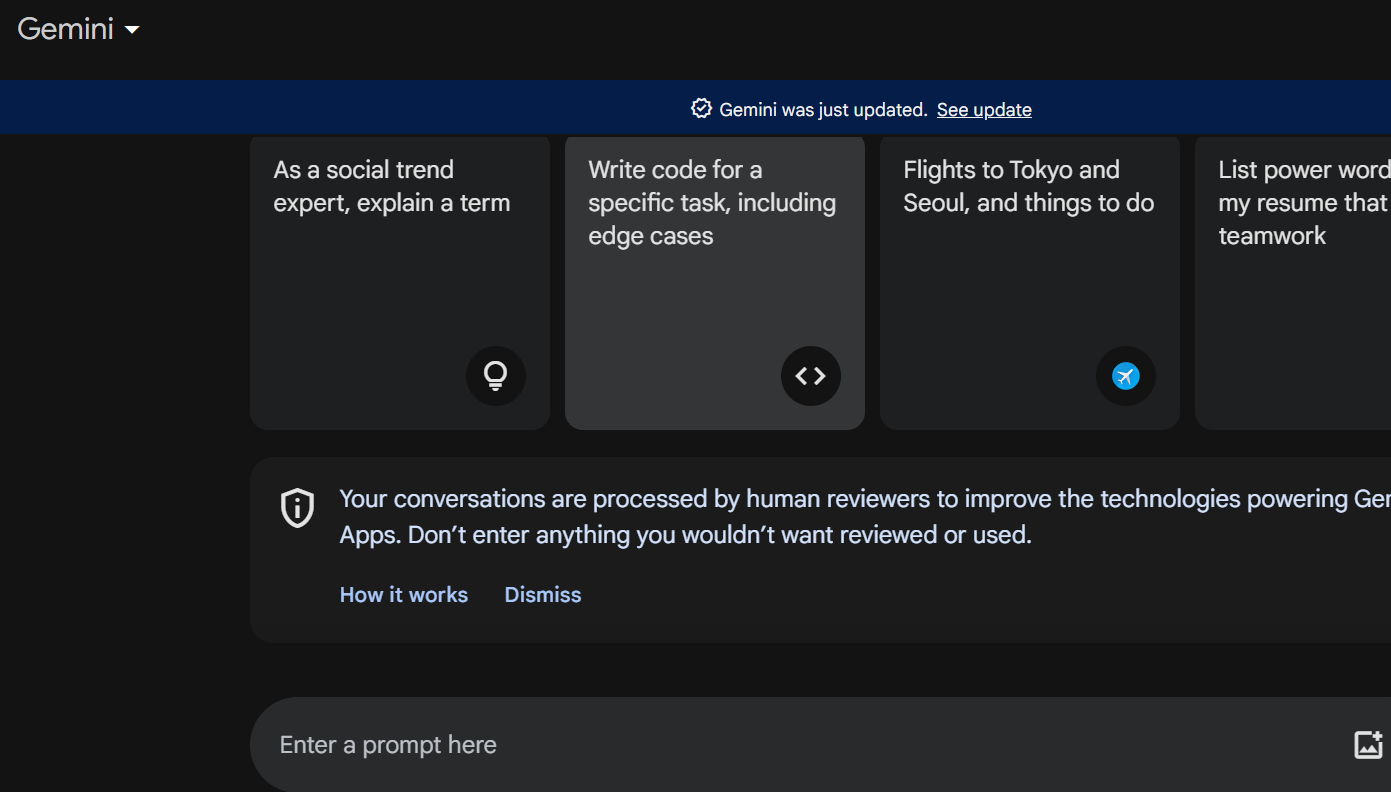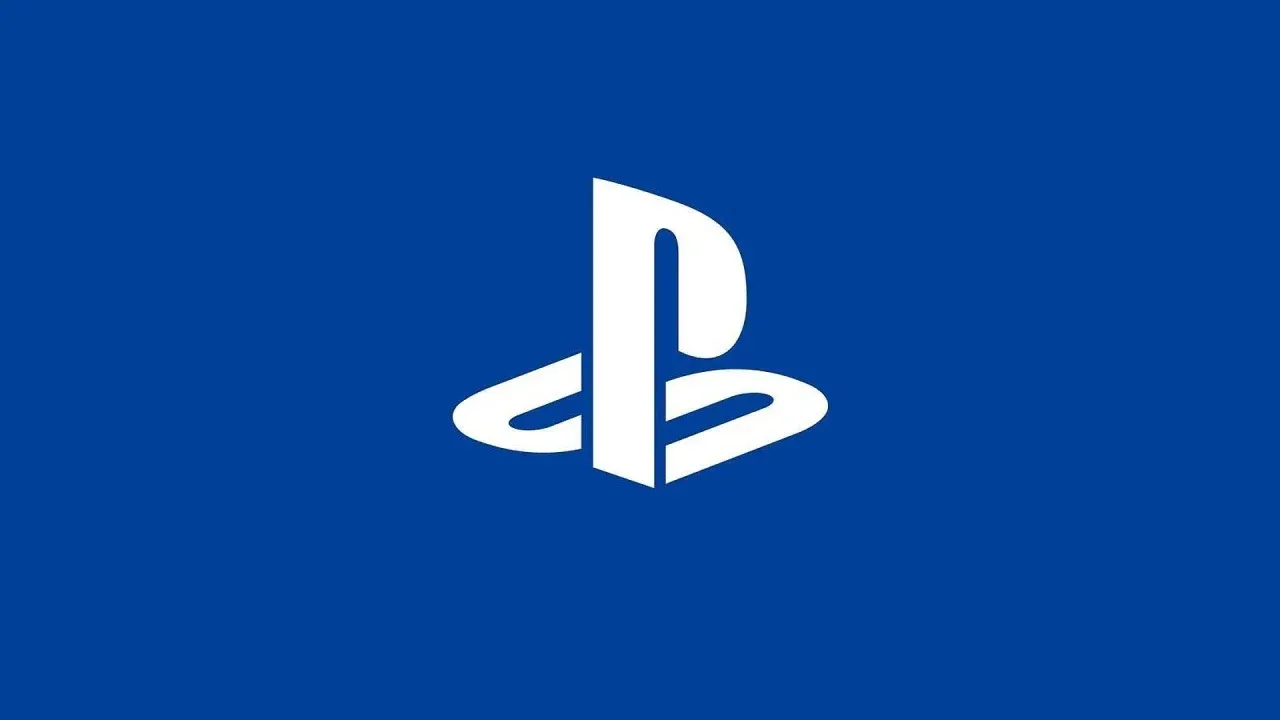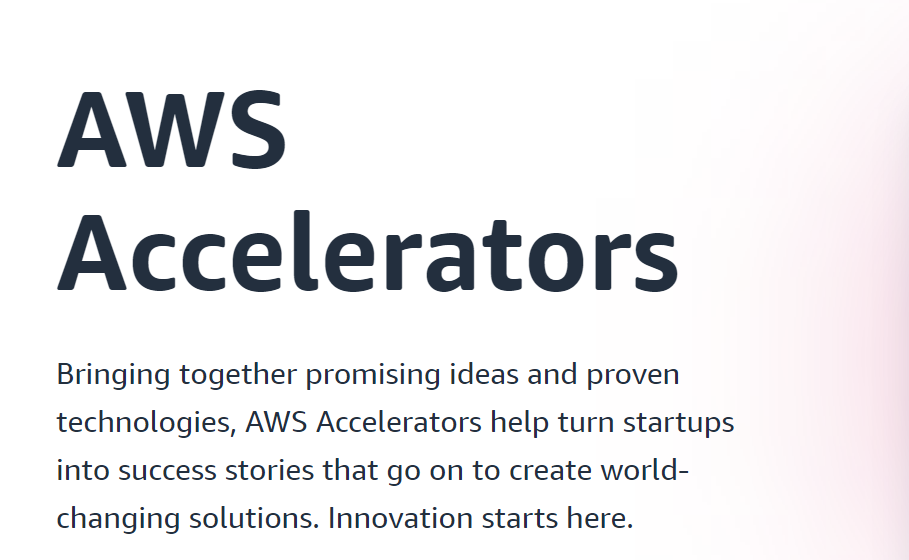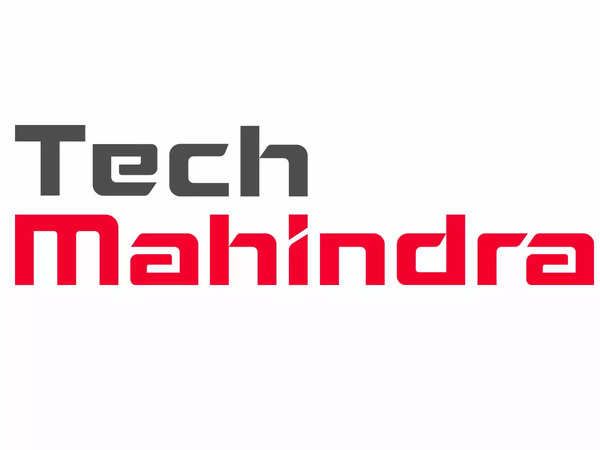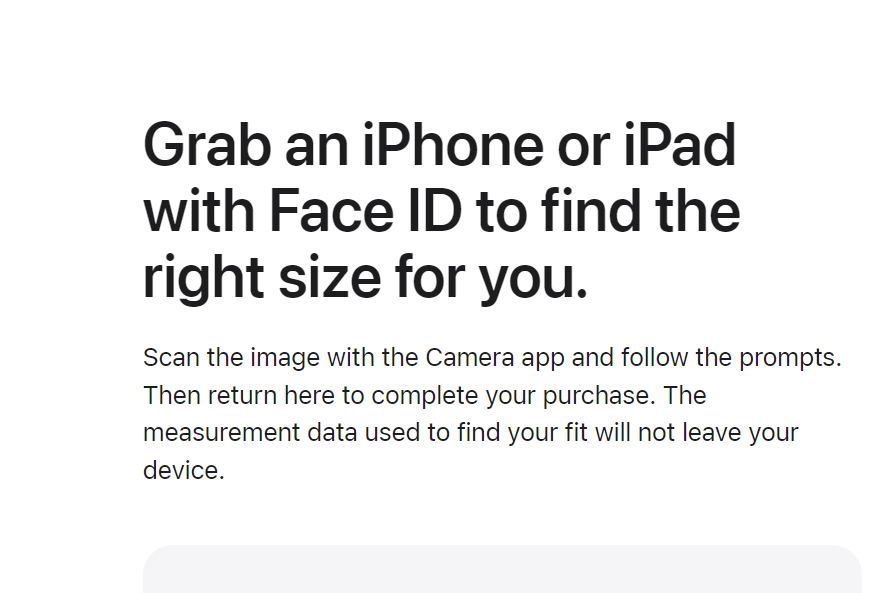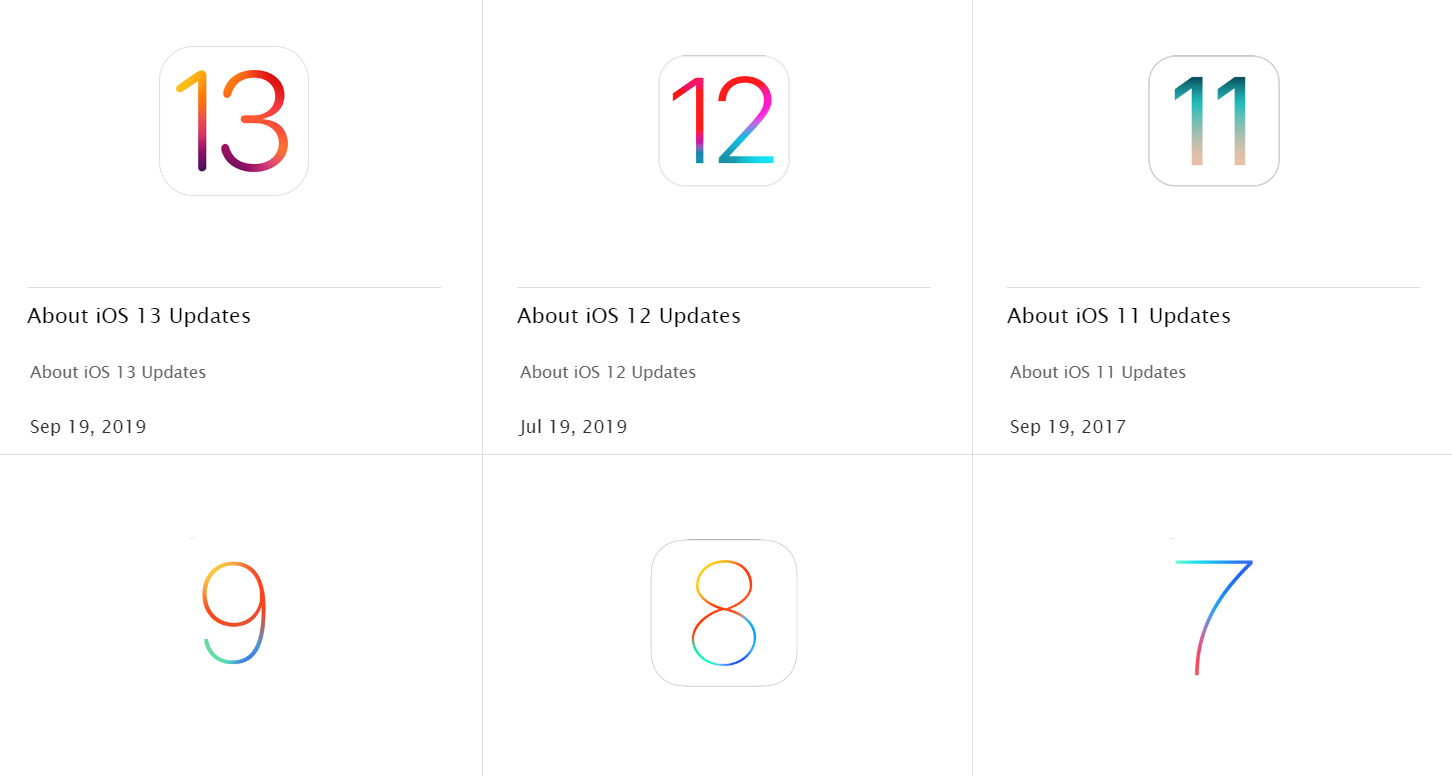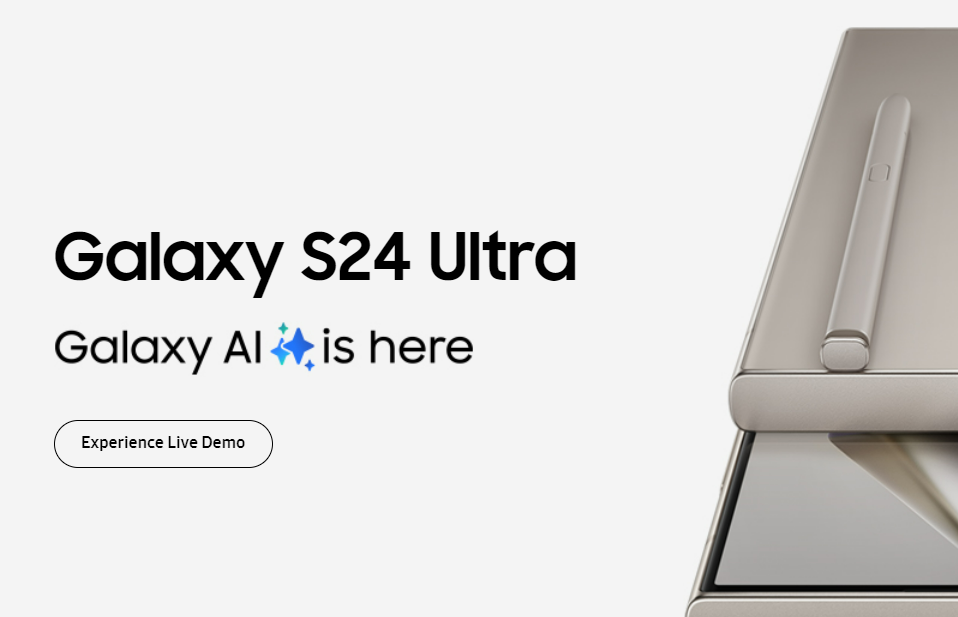Table of contents
Google thanks its users for 25 years of curiosity!
Source: (1)
Today, on September 27, Google, the search engine powerhouse celebrates its 25th birthday with a doodle down memory lane of its various logos over the past two decades on its blog. The corporation also displayed Google drawings of celebrations from the past, to rewind history.
To mark its 25th birthday, Google displayed a doodle with the title “G25gle.” Once you click on it, a new web page with the search engine headline “Google’s 25th birthday” and confetti rain pours your screen as a way of celebration.
Furthermore, if you click the GIF again, you will be redirected to another celebration page with a display GIF of all Google logos from the past, marking its 25th birthday. If you click the “next,” or “previous” icon, you can see a slide show of Google drawings of celebrations with historical explanations.
If you scroll down, you can see a thank you letter from Google. Furthermore, Google also shared the Google Doodle’s outreach data and all the logos and GIFs of celebrations.
Source: (2)
Google mentioned that many things have changed since its inception in 1998, but the aim remains the same: to collect the world’s knowledge and make it widely accessible and valuable, and thank its users in the end.
History of Google: A Modern Alteration
Did You Know?
Google wasn’t the pioneer of search engines but there were a few others who paved the way for the company to where it is today.
Yahoo, WebCrawler, and Ask Jeeves are prime examples of search engines that were established before the existence of Google. Yahoo was established in 1994 and its search engine was launched in 1995.
Today, Yahoo only has a 2.51% proportion of search traffic but there was a time back in 2002 when the company had the opportunity to purchase Google for $1 billion. However, a little too late you could say as by the time they agreed to purchase, the price rose to $3 billion, leading to no agreement at all.
Source: (3)
WebCrawler was established in 1994 and also contained 4,000 websites during its launch period but it stopped utilizing its own database in 2001 which led to its downfall. It started collecting information from Google and Yahoo and today it is nowhere to be found.
Source: (4)
Then came Ask Jeeves in 1996, it gained mass popularity as it introduced a new concept to the technological world “Ask a question.” It prompted users to conduct natural language searches and had a human touch, which was new to that generation.
Source: (5)
However, the company failed to keep up with the pressure from a newborn rival in 1998, Google, and other search engines, and was discontinued in 2006. Other notable search engines worth the mention are Excite, Dogpile, JumpStation, and AltaVista.
Today’s Google was formerly started and titled BackRub in the early stages (1996). It began as a research project by Larry Page for Stanford’s Computer Science program. It was then that he met Sergey Brin with whom he collaborated on two future bending technologies:
- WWW: World Wide Web crawler to determine how a page gets interlinked.
- PageRank: An algorithm that assigns rankings to websites and web pages based on inbound connections.
Source: (6)
This technical development became the cornerstone of the Google search engine the way it distinguished itself from other competitors. It creates quality and value for search results and helps users discover the information, ranked according to the quality of information.
It was then in 1998 when the company received $100,000 in angel funding from Andy Bechtolsheim, the Co-Founder of Sun Microsystems, and the company was officially rebranded as “Google” a name derived from the mathematical word googol, meaning a number with a 1 followed by 100 zeros.
Source: (7)
Once Google had its roots all set in the game, the founders started to seek an experienced leader to take the helm of the firm and guide it to success even further. Later on, Eric Schmidt was appointed as the CEO and continued for 10 successful years.
Google, under Eric, relocated a 1000-person workforce to the Googleplex in July 2003, it is today the headquarters of the company which was established in the facility of Mountain View, California consuming 2 million square feet of office space at the time.
However, at that time it was simply a search engine but it became a technological behemoth with a full array of cloud-based features when it launched and purchased several services creating an ecosystem that allows you to do a variety of things.
Google’s Acquisitions & Developments
Here are some technological developments introduced by Google to the world that drastically changed the visionary concepts of mankind's technological future and advancements and also some technological acquisitions that boosted Google's technological aim.
Gmail
Google’s first-ever development toward social networking and connections was Gmail, introduced in 2004 with 1GB storage space. It was created to support internal communicational issues but as it became publicly available, competitors were left scurrying to catch up leading many toward downfall.
Source: (8)
Maps
Google then introduced Maps in 2005 which had the ability to zoom and provide step-by-step directions for users. The company launched its own GPS navigation tool in 2009 allowing all users to traverse the roadways without any worries of being lost.
Source: (9)
Android
Google acquired Android in 2005. It was a mega-hit among smartphones when Android debuted on the HTC Dream and Mobile G1 of that time. Today Android controls 73% of the smartphone segment and has an extensive interaction with Google services and all the top-most features available.
Source: (10)
YouTube
In 2009 Google acquired YouTube for a whopping $1.6 billion which led to the rise of the dominant video-sharing site in the modern technological era. The acquisition was considered one of the smartest choices written in digital history, and ever since then the video traffic competition has been dominated by Google’s YouTube.
Source: (11)
Chrome
Google collaborated with Mozilla Firefox developers in 2008 to introduce the world with a new browser, Chrome. Within four years of development, Chrome was a highly optimized browser surpassing Internet Explorer and Firefox. Today Chrome has an overall 65% base while second to compete is Safari with 15%, a non-competing margin.
Source: (12)
Deepmind
Google then took a major turn and embarked on a new journey as it embraced AI-based systems from January 24, 2014, when it acquired Deepmind, an AI research center. However, it is said that Google has had a hard time within the AI community externally and internally.
Source: (13)
Google’s IPO & Hierarchy
When Google was officially listed for its initial public offering (IPO) in 2004, it raised $1.66 billion which made its founders immediate billionaires. Early owners of the company witnessed 7 billionaires and 900 millionaires due to the IPO listing.
The stock listing generated major headlines for the company as it also offered shares in public auction giving an opportunity to put common investors on a level playing field with industry experts. In 2006, it was included in Standard and Poor’s 500 S&P 500 stock index.
Source: (14)
Google then continued its expansion to become the largest American corporation in 2012. It reorganized itself in August 2015 and became a subsidiary of Alphabet Inc., which is today known as the parent company of Google.
Source: (15)
It was 2015 when you could completely say, that Google retained control of Internet search, advertising, applications, maps, and also the smartphone operating system along with video-sharing and all existing Internet or mobile-based associations.
Other Google-based endeavors such as Google X, Nest, and Calico then became separate companies under Alphabet Inc. Page was titled as the CEO of Alphabet and Brin as President, and its executive chairman became Schmidt.
Later on, Google’s senior vice president of products, Sundar Pichai became the CEO of the company. Again in 2017, Alphabet Inc. reorganized itself to forming an intermediate holding company, XXVI Holdings, and converted Google into a limited liability corporation (LLC).
Source: (16)
Schmidt stepped down as the executive chairman of Google in 2018. On the other hand, Brin and Page also stepped down as the President and CEO in 2019 but continued on Alphabet’s Board of Directors, this led Pichai to be appointed as the CEO of the holding company and Google simultaneously.
Google: The Developmental Marvel
Google’s global outreach and technological developments introduced another new terminology to the world, Internet Advertising. Its popularity and good financial outcomes pushed analysts to shift advertising expenditure away from traditional media toward new media.
At that time, newspaper advertising in the United States witnessed a downfall from a high of $64 billion in 2000 to $20.7 billion in 2011. On the other hand, global Internet Advertising increased from $6 billion in 2000 to $72 billion in 2011.
It was Google’s entry into the operating system sector when it acquired Android Inc., which at that time had no products or services, that led to its massive expansion. Two years later, it also announced the formation of an Open Handset Alliance including:
- Intel Corporation
- Motorola Inc.
- NVIDIA Corporation
- Texas Instruments Incorporated
- LG Electronics Inc.
- Samsung Electronics
- Sprint Nextel Corporation
- T-Mobile
The formation was developed to build and promote Android, a free open-source operating system based on Linux. The first phone to use the new operating system Android, the T-Mobile G1 was released in October 2008.
So, now that phones were slowly being adopted by a mass audience that led to a new demand for capable third-generation wireless networks. This led to the introduction of several advantageous systems and features such as one-touch Google Search, Google Docs, Google Earth, and Google Street View.
When Google introduced the Nexus One smartphone in 2010, it came in direct competition with Apple’s iPhone. The interesting fact about the Nexus One, also dubbed as the “Google Phone” it received the most recent version of Android and also had a huge colorful display.
The phone also featured several breathtaking features that called for a vivid Android smartphone’s future. Despite apparent disadvantages compared to Apple’s iOS, Android led the market by the end of 2011 with a 52% global market share, double that of iOS.
Meanwhile, Google has also started its development in AI-based technologies to improve the relevancy of search results. With its acquisition of Deepmind, its developmental advancements in search engine algorithms, its very-own ChatGPT-like Brad, and many, Google is everywhere.
Google also introduced another business model to the world, PPC aka “Pay-Per-Click,” which made the company wealthier than ever. It allowed users to get compensated for each commercial click, which became a go-to source for various marketers worldwide.
Google is the undisputed leader in all sectors including search engines, video social networking, PPC, and operating systems, it provides quality services that ultimately transformed mankind’s operation and transitioned our planet drastically with technological advancements.
Whenever Google launches a product, it sure comes with no flaws. Technical marvels like Artificial Intelligence and big data improve the quality of search results and allow easy access to adverts according to user behaviour and interest.
Google Ads, Google Workspace, Google Search Labs, Google Ad Centre, Google Photos, Google News, Google Chat, Google Meet, Google One, Google Translate, Google Finance, and many more. Name one sector, and you’ll find Google associated everywhere.
It’s titled Google Baba, for a reason.


